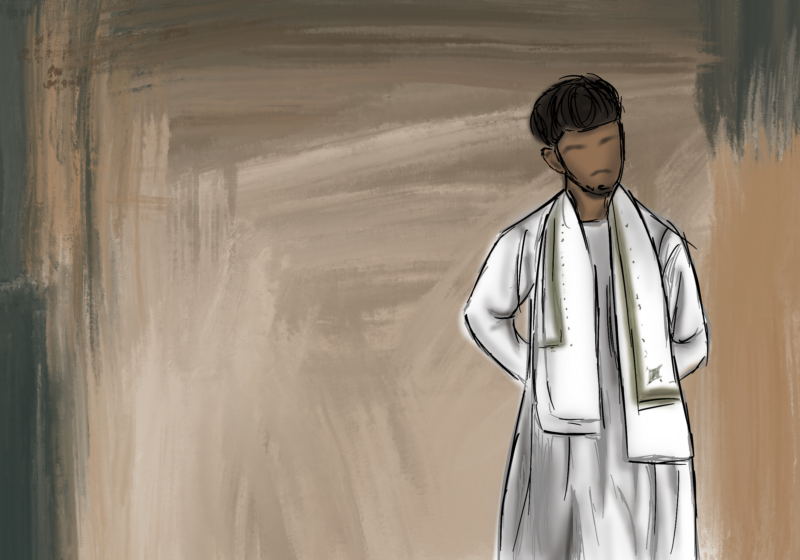by Lydia Lam
Campus Times Staff
Convocation kicked off the new school year at UR?s Dandelion Square under the sun on Friday, September 7.
As is tradition, the ceremony began with the Goergen Award ceremony. Recipients of the Goergen Award for Distinguished Achievement and Artistry in Undergraduate Teaching were the Rev. Curt Cadorette, Thomas Hahn, professor of English, Michael Scott, professor of computer science and John Tarduno, professor and chair of the department of earth and environmental sciences.
Recipients of the Georgen Awards were each known for their uniqueness as well as their commended teaching and research style. Each professor expressed a different view on his teaching.
?I focus on the role of religion, particularly Christianity, in local society,? said Cadorette.
?I just try my best to respond to the students I am teaching. They?re my inspiration. I want to respond to their curiosity and help them understand the issues at hand in a deep and critical way. The reasons for my receiving the Goergen award have as much to do with the students I have taught as they do with me,? said Cadorette.
Professor Hahn said, ?Good teaching is a social and interpersonal reaction. It is not something practiced.?
Moreover, Professor Scott is reputable for the ?use of chalk and a blackboard rather than slides so that students can be responsive,? said Dean Thomas LeBlanc, vice provost and professor of computer science.
?One of the joys to both teaching and research is to be a generalist. Be a generalist! Take advantage of the opportunities in your life. If you are tempted to get your clusters out of the way, think again. Job skills are great, but wisdom is greater. College is more than just a meal ticket, it is a ticket to life,? said Professor Scott.
Professor Tarduno?s research affects the larger community and involves ?understanding various aspects of the basic science behind several issues that affect larger communities, such as why and how earthquakes occur, and how climate may change in the future.?
Professor Tarduno has also taken his students on geological learning trips. He said, ?I try to bring students to the natural laboratories provided by the mountain ranges of the world. We can talk in the classroom about hazards associated with earthquakes. But bringing students to see the San Andreas fault is a much more effective way to teach. During our Quest course, we camped near the San Andreas, walked along it, and saw houses built in the fault zone. This type of teaching by experience cannot be duplicated in the classroom.?
Furthermore, former student and junior, Alexandra Larson said, ?Dr. Tarduno is very concerned with his students and very dedicated to the teaching of the research process to undergraduates. He is willing to explain to you about what needs to be done and why. He makes data analysis really clear and tells you what we are looking at, why we are looking at it, and what it means.?
The recipient of the Goergen Award for Curricular Achievement in Undergraduate Education was the College writing Program.
Deborah Rossen-Knill, who spoke on behalf of the College writing Program said ?our goal is to teach students to communicate and argue clearly and to learn from their arguments.? She also expressed that the writing center has tutors to help freshmen make transition to college writing.
The recipient of the Goergen Award for Distinguished Contributions to Undergraduate Learning is Richard Aslin, professor in the department of Brain and Cognitive Sciences and in the Center for Visual Science, and Director of the Center for Language Sciences.
Professor Aslin?s research ?concerns how human infants perceive and learn. I study both the visual and auditory modalities, and the infants range in age from about two to eighteen months.?
Professor Aslin?s goal states that he wants ?students to develop critical thinking and evaluation skills. This is essential because long after they?ve taken courses on a topic, that field will change and new information will be discovered. Students need to learn how to evaluate new information, particularly as it is presented in the popular press, which often gives an overly brief and sometimes incorrect summary for the lay public.?




